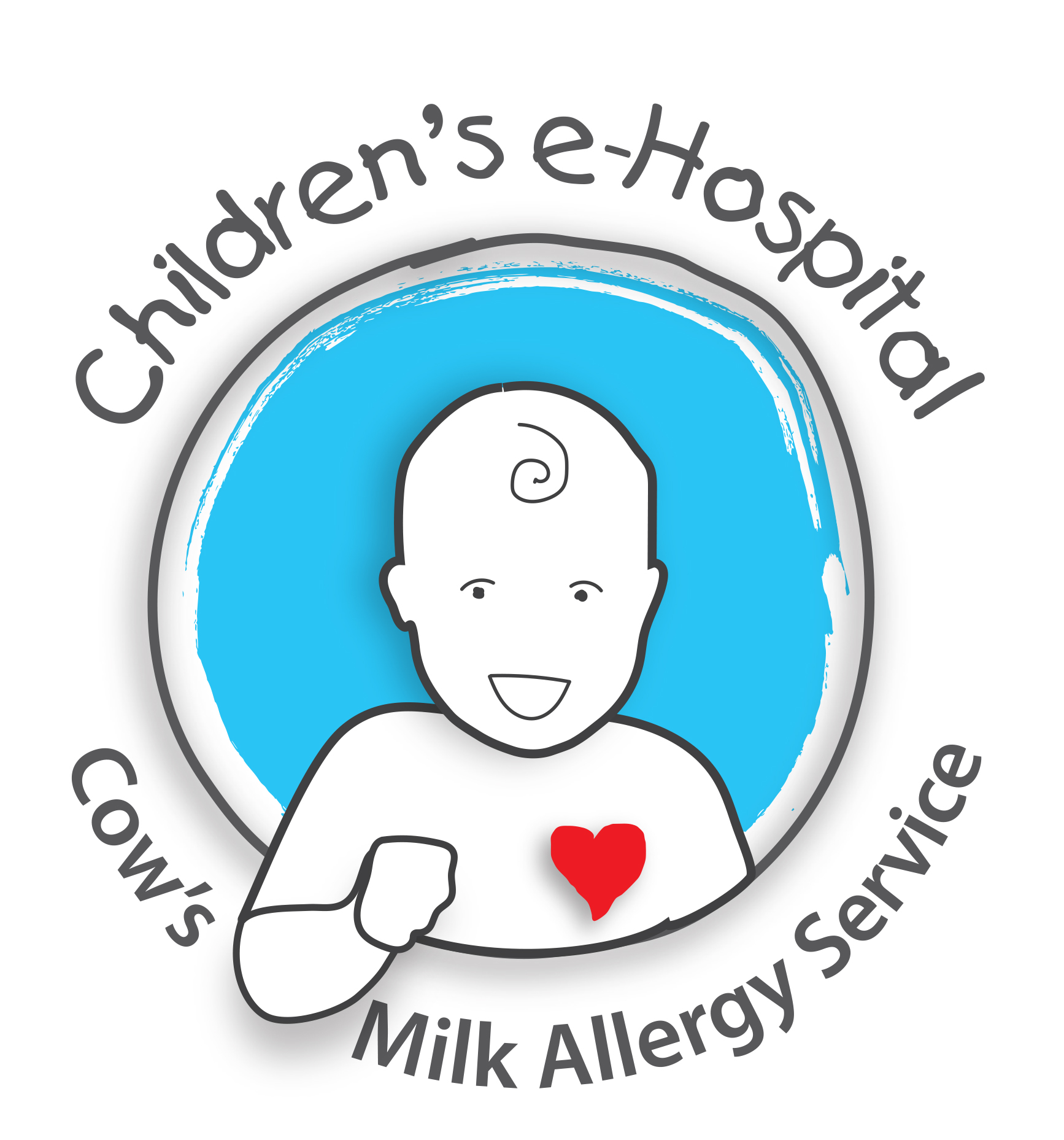Constipation
What is Constipation?
Most people think of constipation as difficulty in going to the toilet, or not passing stool (poo) regularly, and if this is your understanding then you are correct. However, you can also be constipated and still go to the toilet every day. Young children or infants who develop constipation may have other illnesses that need to be considered including Hirschsprung’s disease and Cow’s Milk Protein Allergy.
This article has been written by Dr Tim Ubhi, a consultant paediatrician with over 25 years experience in paediatrics.
The diagnosis of constipation can be made if any of the following apply:
- The child has two or fewer bowel openings per week
- At least one episode of fecal incontinence per week
- A history of stool withholding
- A history of painful or hard bowel movements
- The presence of a large faecal mass in the rectum (your doctor will be able to feel this when your child is examined)
- A history of large stools that may block the toilet
People who are constipated are likely to have quite hard poo and it can sometimes hurt to go to the toilet. Sometimes a small amount of poo is passed regularly but some people can also find it very difficult to poo and can go for days or weeks without going to the toilet. Some children will go without having a poo for several days and then have a very large one. When you are constipated you can also have lots of smelly wind! A small number of children will get an anal fissure (a tear) with constipation, and might see some blood on wiping.
Overflow Diarrhoea
In children that have had constipation for a while (weeks to months) the poo can actually become loose (overflow diarrhoea). This is because the hard poo has backed up in the bowel and the liquid poo seeps around the outside. When this happens it can be difficult to control and some people can have accidents (soiling).
Faecal Impaction
Faecal impaction usually happens after being constipated for a while when the poo backs up in the bowel and gets stuck. It can sometimes be associated with tummy pain as the bowel works harder to get rid of the poo. Sometimes it is also associated with a loss of appetite or even vomiting. Your doctor can often feel a lump of poo in your tummy when they press on it.
What kind of problems can you have with constipation?
- Hard poo
- Very small “rabbit dropping” type poo
- Very large, difficult to pass poo
- Pain on going to the toilet
- Fresh blood on wiping
- Frequent loose poo
- Smelly poo/smelly wind
- Tummy pain
- Tummy bloating
- Vomiting
NICE have issued some advice and resources that can help parents manage a child with constipation:
In addition, there are other web-sites that have resources that you might find useful:
ERIC stands for Education & Resources for improving childhood continence.
The following video explains in very simple terms how retentive constipation develops and what you can do to treat it. It explains how a normal bowel works and then what happens if constipation develops. The video is American (sorry!) and talks about 2 drugs, “miralax” and “senna”. Senna is also used in the UK. Miralax is similar to movicol which is routinely used in the UK to treat constipation. Please also refer to the treatment section below for additional detail. We hope these tools will help you understand how to treat your childs constipation.
If you have found this article useful please consider making a donation to the children’s e-hospital. This will allow us to continue to operate & no donation is too small.
Causes
Most children with constipation do not have a serious underlying problem and often a specific cause is not identified. Sometimes constipation can start around the time of weaning/changes in diet, toilet training or other significant lifestyle changes. It can also start during a period of illness or dehydration. Some children are more prone to constipation e.g. children with cerebral palsy. There may also be a family history of constipation.
Your doctor will probably ask you some questions to decide whether they need to do more tests to look for an underlying problem, although the majority of children will not need any tests.
Treatment
Constipation is usually treated by your GP but if it is difficult to treat, has been going on for a long time, or the GP thinks you need more tests, you may be referred to a Paediatrician. The best way to treat constipation is with laxative medication. Your doctor will usually give you a medicine to help soften the poo, making it easier to pass. If this doesn’t work on its own, they might add another one to help stimulate the bowel to move the poo.
Treating constipation takes time and some people will need to take the treatment for weeks or months to keep their poo soft.
Treatment usually involves one or both of two classes of treatments;
1. Movicol
2. A bowel stimulant such as Senna or sodium picosulfate.
Movicol delivers water to the far parts of the bowel and helps to soften the stool therefore making them easier to pass. Sometimes a child may have experienced pain when trying to open their bowels and this negative experience can cause them to retain their poo. In order to break this cycle it is important to make up the movicol correctly (as indicated in the instructions) and also to give the treatment regularly. The dose of movicol can be titrated according to your childs needs with the help of your doctor or nurse.
Stimulant medicines increase bowel activity causing the bowel muscle to contract more frequently and thus leading to more regular bowel opening.
How do you treat faecal impaction?
Faecal impaction is likely to need quite a lot of laxative medicine initially to make the poo soft enough to pass. Severe cases might need a suppository (which goes in to the bottom) to help to pass the poo that is stuck at the bottom of the bowel.
Prevention
It is important to drink plenty of fluids and to exercise regularly. Try to have a high-fibre diet (wholegrain cereals, fruit and vegetables, jacket potatoes, wholemeal bread and pasta). Recognising and treating constipation early will reduce the length of treatment and associated problems.





